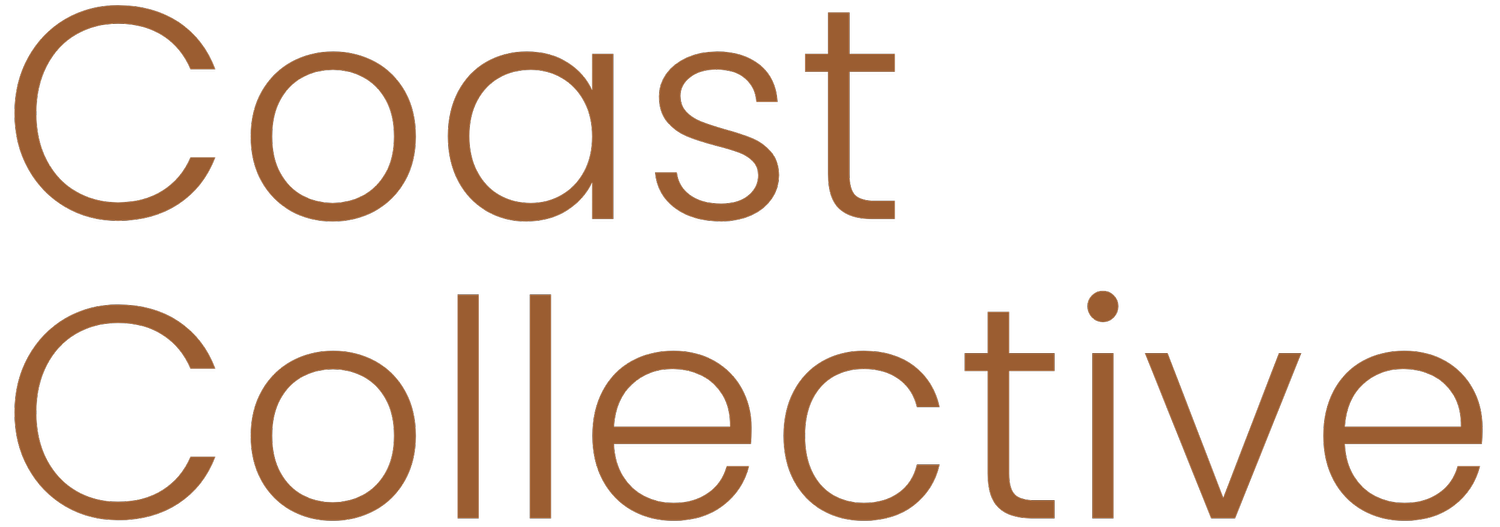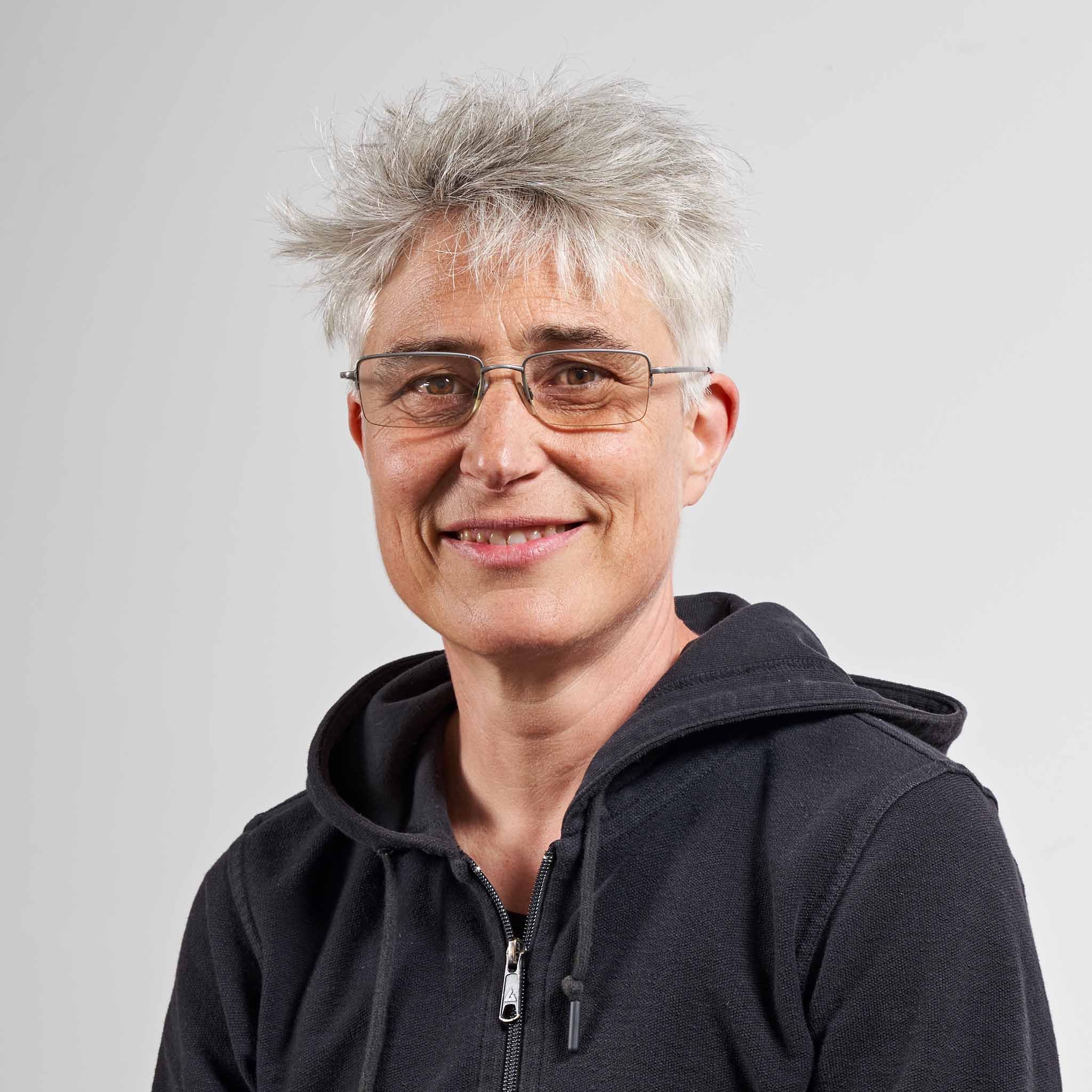Laura Mays
Laura Mays, the esteemed Director of The Krenov School, is an artisan whose work is a testament to the power of evolution and inspiration. With each piece she creates, Laura finds that her previous works become a catalyst for new ideas and designs, resulting in an ever-evolving body of work. Embracing the notion that "work makes work," she is continually driven to push the boundaries of her craft and explore new artistic horizons.
Reflecting a harmonious blend of architectural influences, artistic evolution, and a deep connection to the natural world, Laura's work embodies thoughtful design, meticulous craftsmanship, and a profound sense of purpose. Each piece she produces is a testament to her commitment to creating works that are both utilitarian and beautiful, incorporating a balance of form, function, and aesthetic appeal.
Background
Laura, hailing from the south-side suburbs of Dublin, Ireland, recalls childhood days spent exploring hilltops overlooking the sea. Excelling in both academic and creative subjects, she pursued architecture at the University College of Dublin. Despite an idyllic student experience, corporate life left her feeling disconnected from the making process.
In search of inspiration, Laura embarked on diverse career paths and travels worldwide, even riding the Trans-Siberian express railway from Japan back to Ireland. A pivotal moment occurred in Letterfrack, where she stumbled upon a fine furniture academy housed in an old reformatory school. Intrigued, she applied and found herself immersed in woodworking, realizing her passion for precision and craftsmanship.
After completing her studies, Laura taught for eight years at Letterfrack before pursuing further education at the Krenov School in California. Throughout her academic journey, she has taught at every institution she attended, leading to her current role as Director of the Krenov School in Fort Bragg.
“Look to your material, and try to take stewardship of it. Although trees are a renewable resource, we need to utilize them carefully—with respect and care and attention.”
Tell us about your design process. These days I mostly make work speculatively, so it tends to be very self-directed. Usually I find my work is in some way inspired by something else I made before. I have a long family tree of large, interesting coopered chairs, that are all related to each other in one way or another. There’s a phrase that says ‘work makes work’. I like that expression.
Tell us about your current working space. I rent a teeny tiny space that sits beside a corner shop in Fort Bragg. It’s a short walk from the school and where I live, so it’s pretty perfect.
What’s your favorite wood? I think that question is a bit like asking someone which kid is their favorite—so I'll politely decline to answer.
Do you have a nemesis wood? The only wood I've ever disliked is ebony. It’s like coal. Hard as a rock.
What is your favorite thing to make? There are two strands of things I like to make. Things that you can sit on, and things that you can put stuff inside. I guess chairs and boxes would be the short answer.
Any pets? I have a dog called Sid, who absolutely loves woodworking, because he is obsessed with sticks. So much so that he’s not allowed in the shop because he’ll start gnawing on something expensive. What can I say, he has great taste!
If you could offer one tip for the future, what would it be? Look to your material, and try to take stewardship of it. Although trees are a renewable resource, we need to utilize them carefully—with respect and care and attention.







